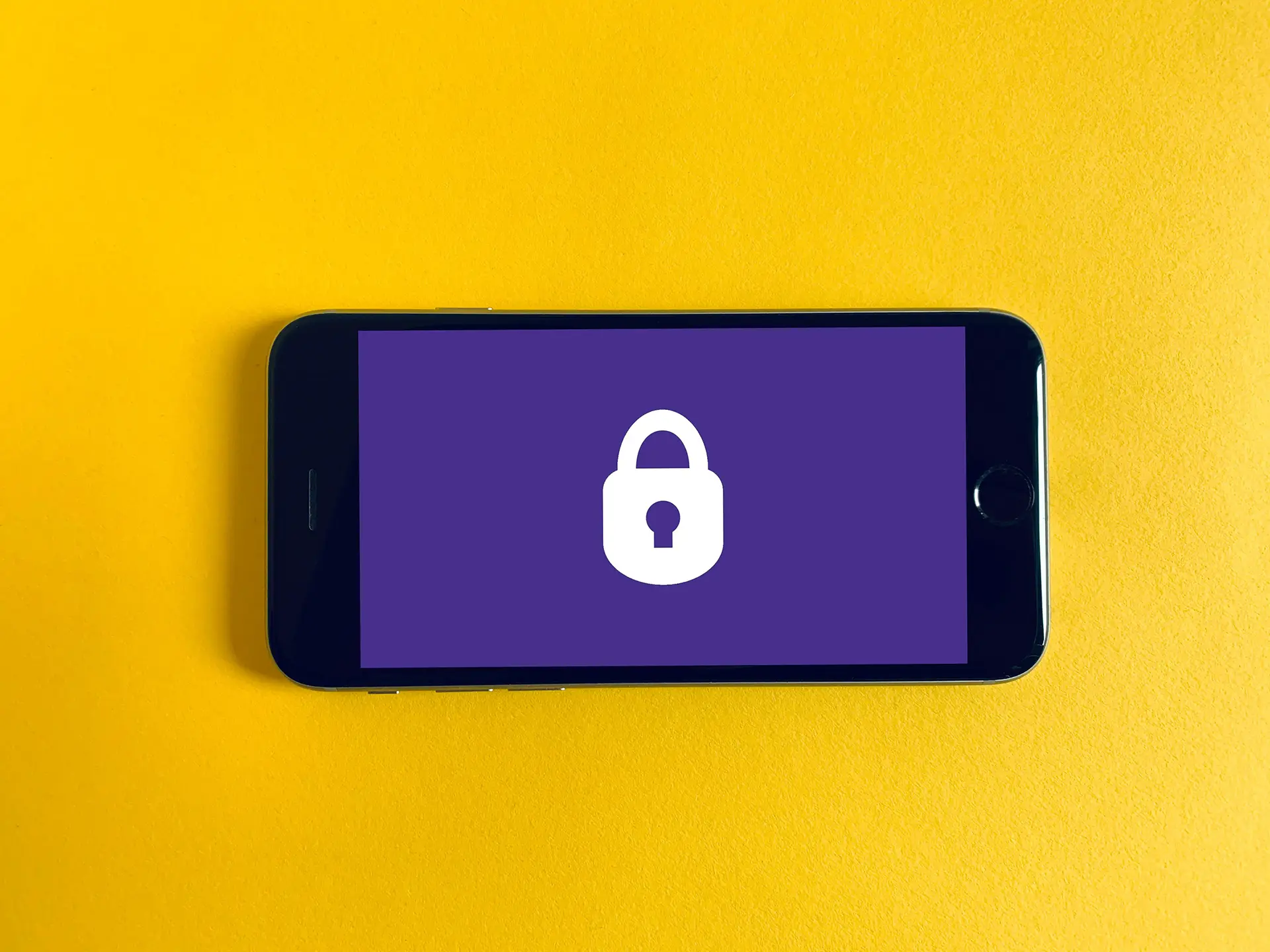Fortify Your Website with Robust Security and SSL Integration
Enhance the security and trustworthiness of your website through comprehensive security and SSL integration services. Prioritizing the safety of your online presence, the focus is on implementing advanced security measures, including SSL certificates, firewall protection, malware scanning, and regular security audits. Rest assured that your website and sensitive data are well-protected against potential threats, ensuring a secure browsing experience for your visitors.





Website Security Audit
Vulnerability Assessment
Conduct a thorough assessment of your website's vulnerabilities, identifying potential security risks and weaknesses that may expose your site to malicious attacks.
Malware Scanning and Removal
Scan your website for malware infections and promptly remove any malicious code or files to ensure the integrity of your website and protect your visitors' data.
Security Patch and Update Management
Regularly apply security patches and updates to your website's CMS, themes, plugins, and other software components to mitigate vulnerabilities and stay protected against emerging threats.
SSL Integration
SSL Certificate Installation
Install and configure an SSL certificate on your website, enabling secure communication between your site and visitors, encrypting sensitive information, and displaying the padlock symbol to build trust and credibility.
HTTPS Conversion
Ensure that your website is accessible via HTTPS, redirecting all HTTP traffic to HTTPS to provide a secure browsing experience for your visitors and improve your site's SEO and search engine rankings.
SSL Renewal and Maintenance
Monitor and manage the expiration and renewal of your SSL certificate to ensure uninterrupted security protection. Stay up to date with the latest SSL industry standards and best practices.
Firewall and DDoS Protection
Firewall Implementation
Set up a robust firewall to block unauthorized access, malicious bots, and suspicious activities, protecting your website from common security threats and ensuring the integrity of your data.
DDoS Mitigation
Implement DDoS protection mechanisms to detect and mitigate distributed denial-of-service attacks, ensuring your website remains accessible and operational even under heavy traffic or malicious attacks.
IP Whitelisting and Blacklisting
Manage access to your website by configuring IP whitelisting and blacklisting, allowing only trusted IP addresses to access your site and blocking known malicious IP addresses from causing harm.
Backup and Disaster Recovery
Scheduled Backups
Set up regular automated backups of your website's files and databases, ensuring that you have up-to-date copies of your data in case of accidental data loss, server failures, or security breaches.
Offsite Storage and Redundancy
Store backups in secure offsite locations or cloud storage services to protect against physical damage, hardware failures, or data center outages, ensuring data redundancy and easy restoration.
Disaster Recovery Plan
Develop a comprehensive disaster recovery plan outlining the steps and procedures to quickly restore your website and data in the event of a major incident or catastrophic event.